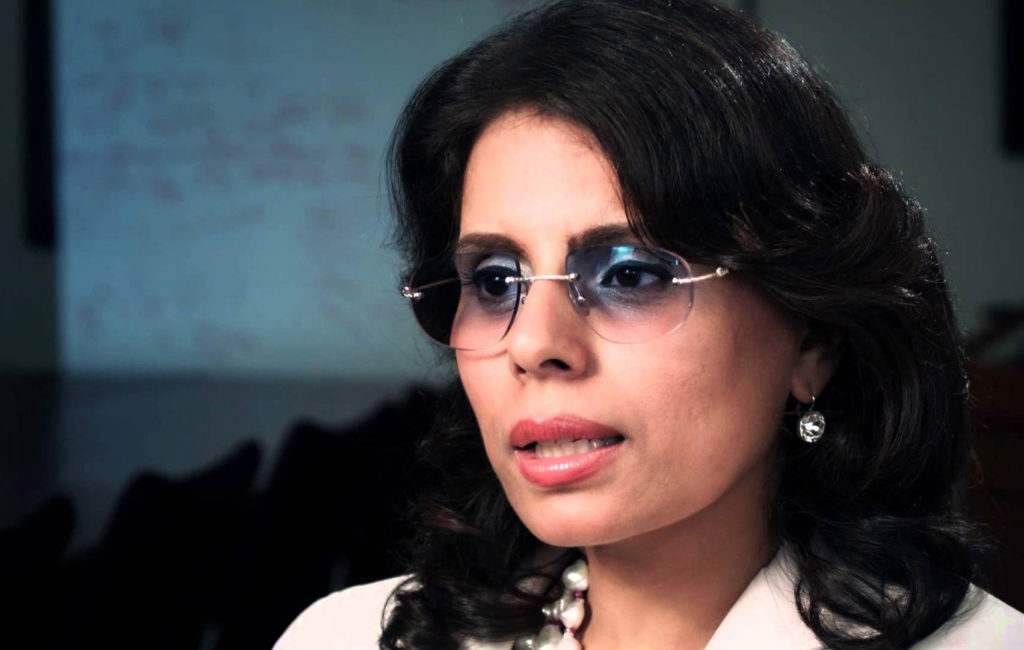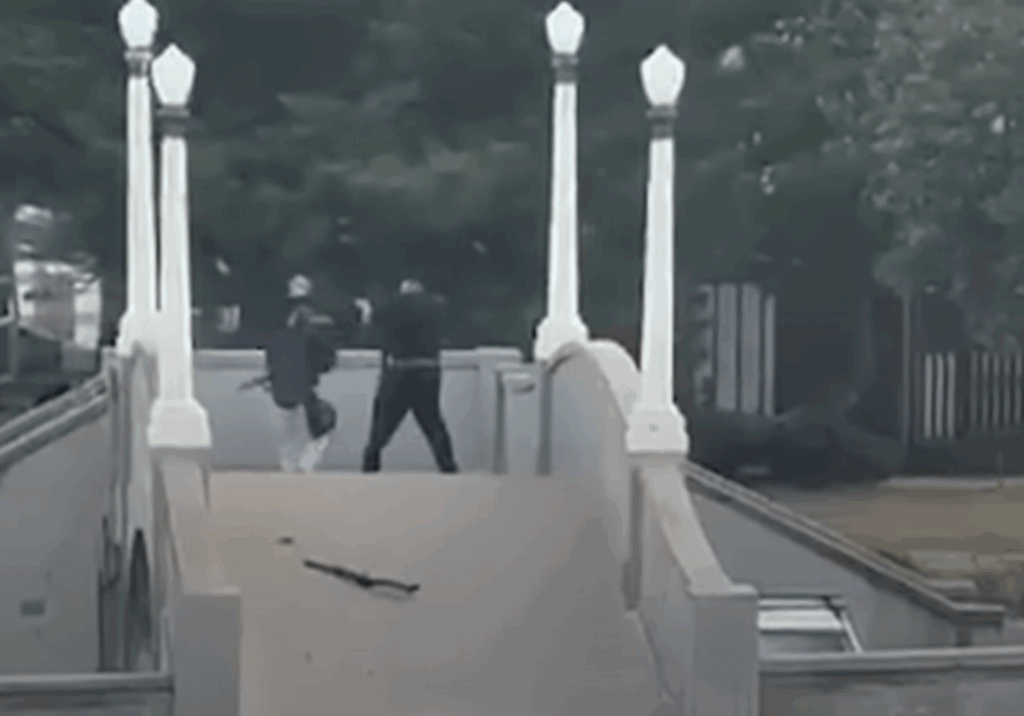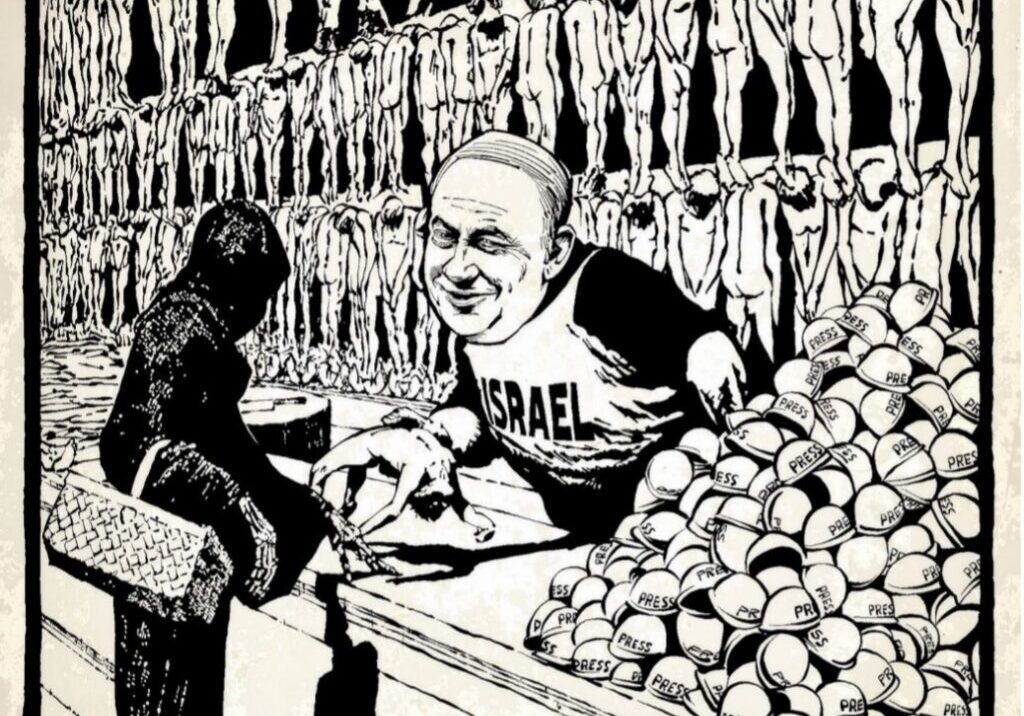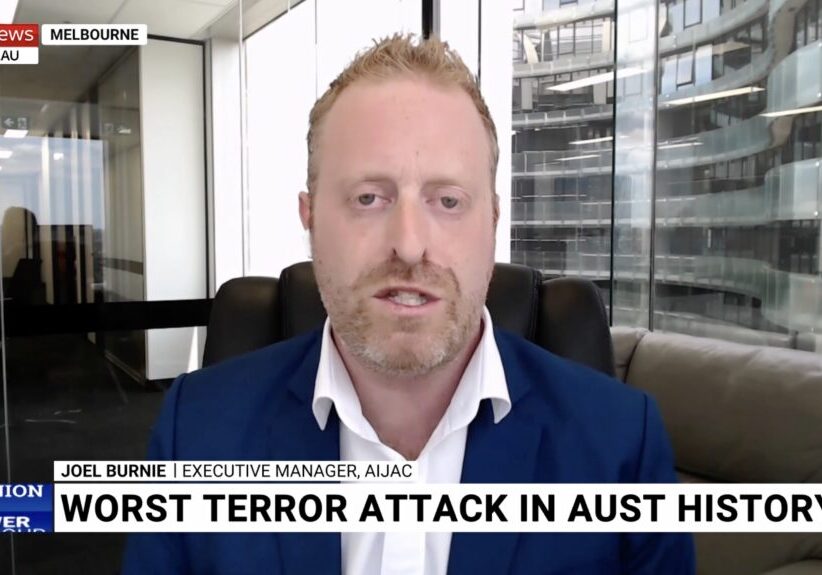Australia/Israel Review
Deconstruction Zone: Islamism – A Muslim Woman’s Clarity
Nov 26, 2014 | Sharyn Mittelman

Sharyn Mittelman
Dr. Qanta Ahmed is a British-born Muslim woman of Pakistani descent, a respected physician and author. But in her spare time, she is on a mission to reclaim Islam and distinguish it from Islamism, which she describes as a worldview that “religionises a political totalitarian ideology”.
Speaking at an AIJAC lunch on November 17, Dr. Ahmed explained that she gained first hand experience of life under an extreme version of Sharia when she spent a year as a doctor in Saudi Arabia, as discussed in her first book Land of Invisible Women: A Female Doctor’s Journey in the Saudi Kingdom (Sourcebooks 2008). Dr. Ahmed said that while she was and remains an observant Muslim, nothing had prepared her for living in Saudi Arabia. About that experience, she wrote in Haaretz last year, “like all women – I was subject to gender apartheid” and yet “no Western academic suggested boycotting the medical academe hosting me in the Kingdom.”
When asked what can be done about the growing appeal of Islamism particularly with volunteers from Western countries fighting with “Islamic State”, Dr. Ahmed believes that many of these volunteers are ignorant and manipulated by social media. She says that what is needed is a “real confrontation with Islamism, and that’s going to have to happen in many interfaces – whether it’s military, diplomatic but most importantly ideological”, adding, “I don’t think enough confrontation is happening”.
She said that there must also be “equal and equally available counter arguments to reveal why some things are a totalitarian ideology and something else is a religious belief,” and that “Muslims need to participate in this debate.”
Dr. Ahmed was particularly impressed with the Sabawoon Rehabilitation Centre she visited in Pakistan, which aims to deradicalise child jihadists. She noted that at the Centre, established in partnership with the Pakistani military, “they have no qualms about calling a jihadist ideology a jihadist ideology. No one feels that they are defaming Islam, no Muslim feels under siege”. She contrasted this to western public debate where those who criticise Islamism are often unfairly accused of contributing to bigotry and Islamophobia.
Dr. Ahmed is also a strong critic of Hamas, and criticised the English-language news reports during the recent Israel-Gaza conflict that ignored Hamas’ Islamist ideology and described it as a social welfare organisation, as well as the “vilification” of Israel in a letter published in the medical journal the Lancet to which she led a rebuttal. Regarding her disdain for Hamas, Dr. Ahmed wrote in the Times of Israel last year, “It is Muslims who must take the first steps to excoriate Hamas, to expose them as the ruthless nihilists they explicitly announce themselves to be. We must scorn Hamas for masquerading among the poor as their savior when they are instead their executioner…”
Dr. Ahmed is also an outspoken critic of the Boycott, Divestment and Sanctions (BDS) campaign against Israel. Having travelled to Israel in 2013, Dr. Ahmed was particularly impressed with Technion University’s efforts to support Arab participation and retention. She wrote in an article in Haaretz, “the costs of boycott will be shouldered by every Israeli, the major costs will be borne by Israel’s own minority population, including Israeli Muslims of Palestinian heritage… No one else is better positioned to bridge conflicts and cultures and yet no one else will be more penalised by boycott.”
The BDS campaign has unfortunately fostered a culture of anti-normalisation whereby any form of joint Israeli-Palestinian cooperation is demonised. Against this trend, Dr. Ahmed visited Australia as a guest of Hadassah Australia to promote “Project Rozana” which is an Australian-inspired, multi-faith initiative to raise funds for the treatment of critically ill Palestinian children from the West Bank and Gaza at Israel’s Hadassah Hospital. The fund also funds training at Hadassah of Palestinian doctors, nurses and therapists to enable them to build healthcare capabilities in their own communities. The project has the support of both the Israeli Government and the Palestinian Authority. As a doctor, Dr. Ahmed argues that initiatives like Project Rozana can change the lives of Palestinians for the better while building bridges between Jews, Christians and Muslims in Israel, the West Bank and Gaza.
Dr. Ahmed’s moral and conceptual clarity and realistic efforts to build practical reconciliation should serve as a model for the all too many Australian commentators who often seem to think that obfuscation and wrongheaded “root-causism” is the appropriate response to the rise of totalitarian Islamist ideology and the violence and human rights violations it spawns.
Tags: Islamic Extremism






